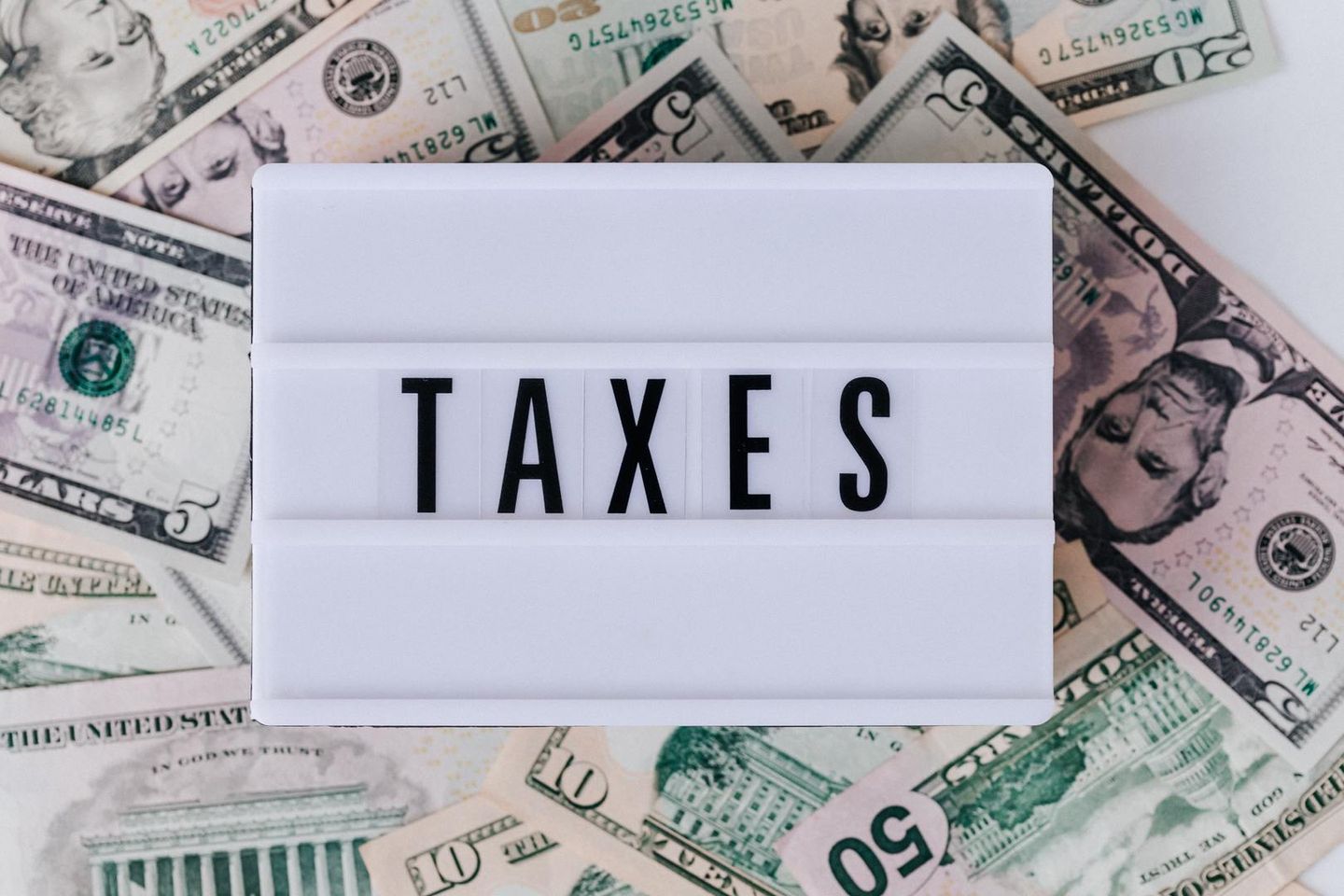Freelancing can be a wonderfully freeing way to go about your work life, giving you a flexible schedule, great work hours, and--with the right luck and contacts--an unprecedented earning opportunity. Like any full time job, freelancing has its share of drawbacks as well, but legalities and paperwork certainly do not need to be among them.
When you first get into freelancing, you might ask yourself if you need to register as a legal entity or register your business in order to start freelancing and achieve your goals. The answer is actually simpler than you may think.
Regardless of which way you style yourself, you will need to register as a separate entity, even if you choose the most common route for freelancers in the sole proprietorship. Let’s explore the various ways you can navigate getting paid, registering your business, and registering a separate legal entity in the freelancing world.
Doing Business as Yourself AKA the Sole Proprietor
Because you do not need to create a legal business entity to freelance, the only legal requirement is that you pay tax on any net income you take away from being self-employed that exceeds $400. Because of this being a sole proprietor is by far the most common business entity for freelancers.
Unless you're registering a new legal business entity under whatever name you’d like, operating under your own name works just fine for freelancers, from a legal standpoint. When operating under your own name you operate as a sole proprietor, meaning you’ll need to familiarize yourself with the W-9 and 1099-MISC tax forms.
When it’s time to collect payments while operating under your own name, you don’t need to make any changes, either. Simply use your personal accounts to deposit the funds as you won’t need to create any sort of business accounts, including bank accounts. If you're freelancing full-time you will have to make estimated tax payments four times per year on the following dates:
January 15- taxes are due for income earned between September 16-January 15
April 15- taxes are due for income earned from January 16-April 15
June 15- taxes are due for income earned from April 16-June 15
September 15- taxes are due for income earned from June 16-September 15.
When operating as a sole proprietor, remember that you're the business, as far as the law (and taxes) are concerned. Your profits are taxed as personal income and you’re on the hook for any debts and losses you may incur. You should also separate your personal transactions and finances from your business activities, namely because when operating as a sole proprietor you can attempt to write off various expenses related to your work when tax season rolls around.
Registering Your Freelance Business as a Partnership, LLC or Corporation
Typically, partnerships are a less common choice of business entity for freelancers and can be broken down into general partnerships, limited partnerships and a joint venture. General partnerships usually operate with responsibilities, liabilities and profits divided equally among partners, while limited partnerships naturally allow for limited liability and limited contribution to the company’s operations. A joint venture is the same as a general partnership except it only exists for a specific purpose and for a limited time.
A Limited Liability Company (LLC) is a private, limited company native to the United States and found in a select handful of countries around the world. Your profits will be taxed as personal income if you choose to register your freelance business as an LLC, but you'reprotected from being personally liable from creditors and lawsuits that could potentially be filed against your business.
It’s highly unlikely that you would register your business as a corporation while freelancing, especially if you’re just starting out. In spite of that, your business could grow to the point where forming a corporation is viable, meaning that your business is earning in excess of $100,000 per annum.
Choosing the Right Business Entity For You
If you’re still confused about the right business entity for your freelancing business, you can always consult with your local authorities. Whether you choose to form an LLC, register as a corporation, establish a partnership or just be yourself in a sole proprietorship, researching what business entity works for you will have you on your way to successfully making money without worrying too much while freelancing.


